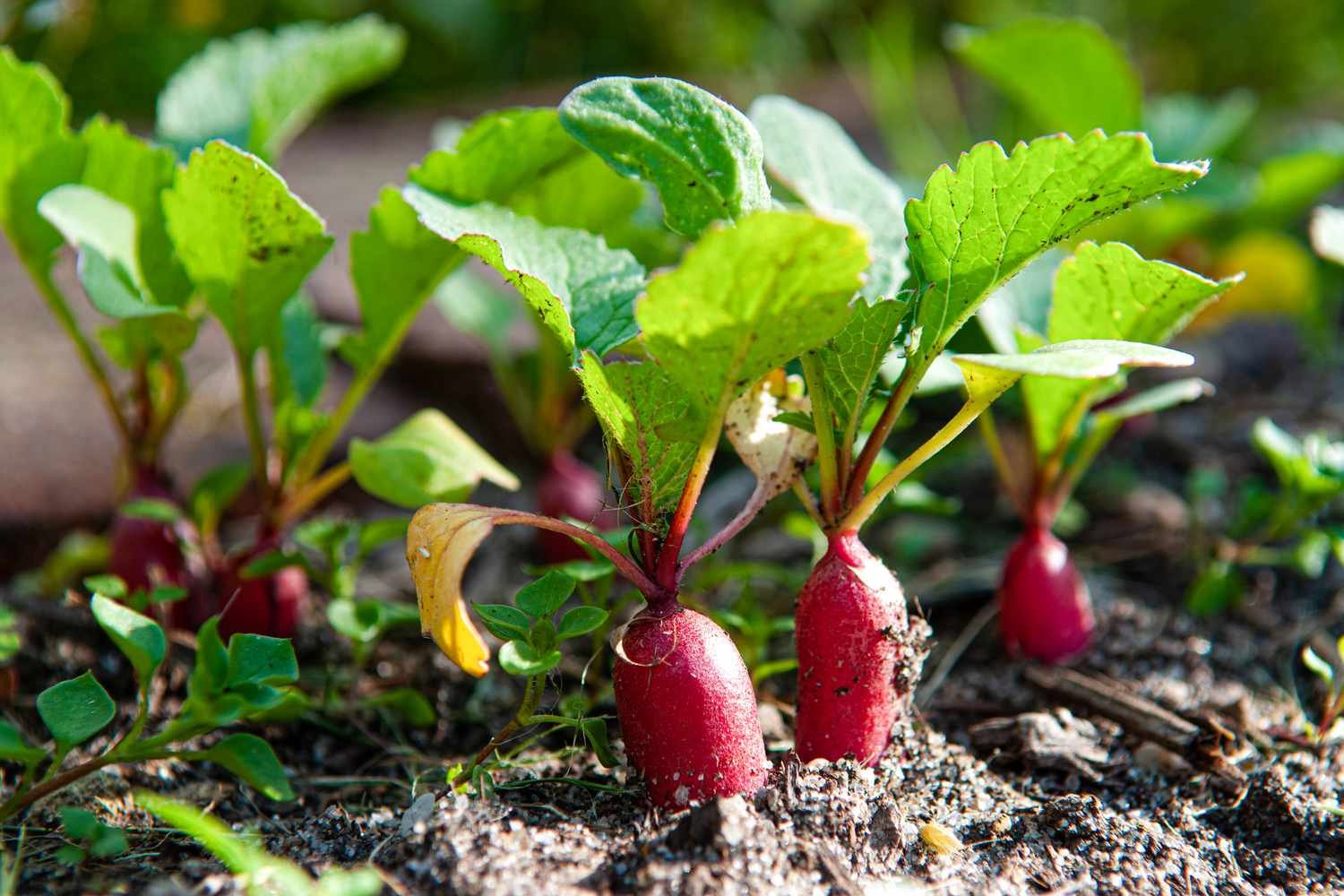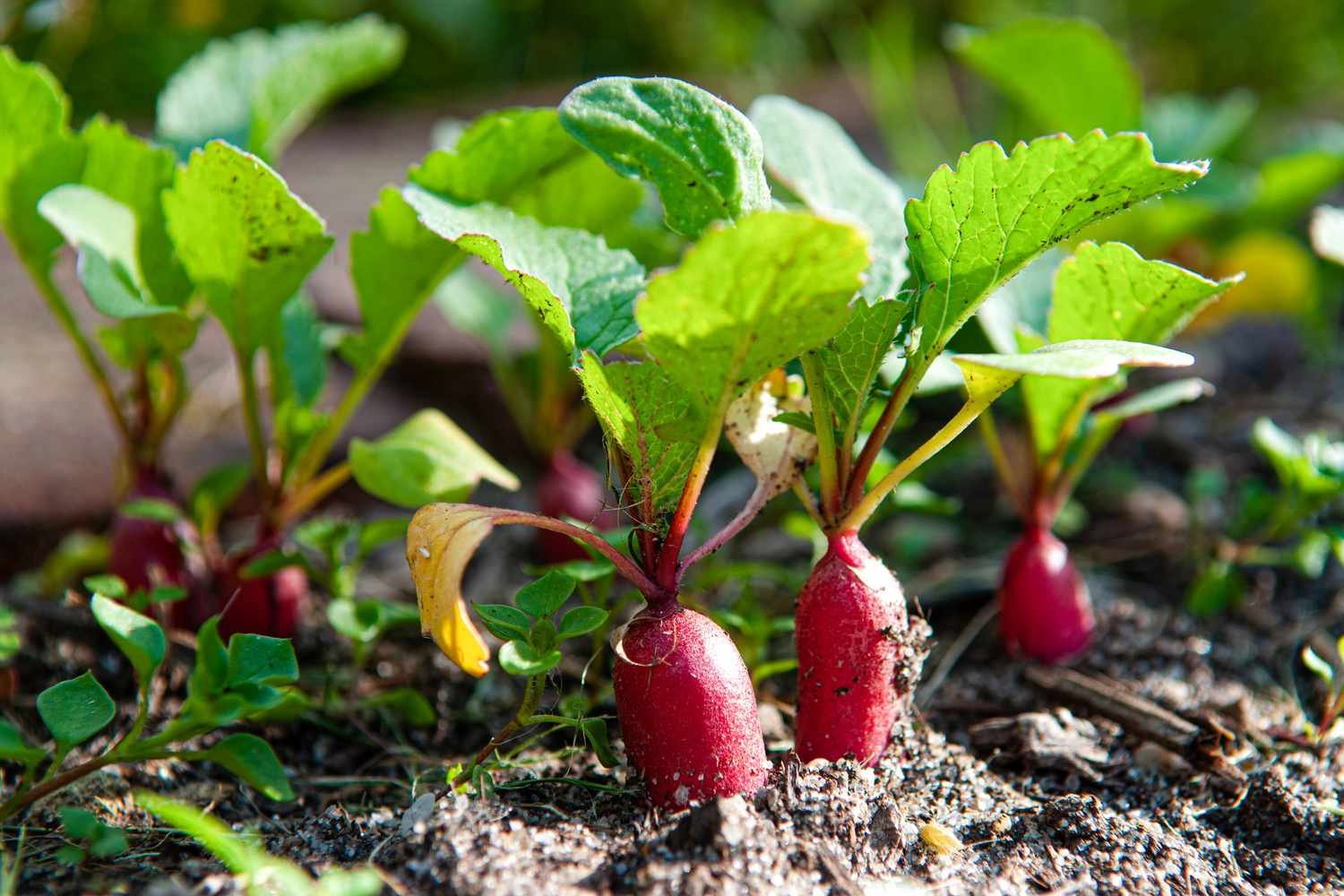When it comes to nurturing plants and ensuring robust growth, organic fertilizers offer a natural and effective solution. Unlike synthetic fertilizers, which can introduce chemicals into your garden ecosystem, organic fertilizers enrich the soil with essential nutrients while promoting long-term soil health. Whether you’re new to organic gardening or looking to explore alternative fertilization methods, here’s a detailed guide on some of the best organic fertilizers to consider for healthy, thriving plants.

Compost
Compost is often referred to as “black gold” for gardens due to its nutrient-rich content and ability to improve soil structure. It’s made from organic materials such as kitchen scraps, yard waste, and plant residues, which decompose over time to create a nutrient-dense soil amendment. Benefits of using compost include:
- Nutrient-Rich: Provides a balanced supply of essential nutrients like nitrogen, phosphorus, potassium, and micronutrients.
- Improves Soil Health: Enhances soil structure, promotes beneficial microbial activity, and increases water retention.
To use compost, apply a layer (about 1-2 inches) to the soil surface and gently incorporate it into the top few inches of soil. Regular applications help maintain soil fertility and support healthy plant growth.
Manure
Animal manure, such as cow, horse, or chicken manure, is another valuable organic fertilizer option rich in nitrogen, phosphorus, and potassium. It’s best to use well-aged or composted manure to reduce the risk of burning plants and minimize odor. Benefits of using manure include:
- Nutrient-Rich: Provides a concentrated source of nitrogen for vigorous plant growth.
- Improves Soil Structure: Enhances soil fertility, increases organic matter content, and improves soil aeration and drainage.
Before applying manure, mix it into the soil or compost pile to allow decomposition and reduce potential pathogens. Use manure sparingly to avoid over-fertilization and test soil pH periodically, as some manures can affect soil acidity.
Fish Emulsion
Fish emulsion is a fast-acting organic fertilizer made from fish waste, offering a balanced blend of nutrients essential for plant growth. It’s particularly beneficial for leafy greens, flowering plants, and vegetables. Benefits of using fish emulsion include:
- Quick Release: Provides an immediate supply of nitrogen, phosphorus, and trace minerals for rapid plant uptake.
- Boosts Microbial Activity: Stimulates beneficial soil microbes, promoting nutrient cycling and soil health.
Dilute fish emulsion according to package instructions and apply as a foliar spray or directly to the soil around plants. Use fish emulsion regularly throughout the growing season for optimal results.
Bone Meal
Bone meal is a slow-release organic fertilizer made from finely ground animal bones, rich in phosphorus and calcium. It’s beneficial for promoting strong root development, flowering, and fruiting in plants. Benefits of using bone meal include:
- Phosphorus Boost: Enhances root growth, flowering, and overall plant vigor.
- Improves Soil Structure: Helps maintain soil pH balance and increases nutrient availability.
Incorporate bone meal into the soil at planting time or sprinkle around established plants. Avoid excessive use, especially in phosphorus-rich soils, to prevent nutrient imbalances.
Organic Liquid Fertilizers
Organic liquid fertilizers, such as seaweed extract or compost tea, provide a convenient and concentrated source of nutrients for plants. They’re absorbed quickly through roots and foliage, promoting vigorous growth and resilience. Benefits of using organic liquid fertilizers include:
- Rapid Nutrient Uptake: Supplies essential nutrients directly to plants for immediate results.
- Enhanced Plant Immunity: Boosts plant resistance to pests, diseases, and environmental stressors.
Apply organic liquid fertilizers according to package instructions, either as a soil drench or foliar spray. Use regularly during the growing season to support continuous plant growth and productivity.
Conclusion
Choosing the best organic fertilizers for your garden is key to promoting healthy plants and sustainable gardening practices. Whether you prefer compost for its nutrient-rich composition, fish emulsion for quick plant uptake, or bone meal for strong root development, incorporating organic fertilizers enriches soil fertility and supports vibrant plant growth naturally. Experiment with different organic fertilizers to find what works best for your garden’s needs and enjoy the benefits of nurturing healthy plants while minimizing environmental impact. Embrace organic gardening principles and watch your garden thrive with vitality and abundance. Happy gardening!











Коллекция Nautilus, созданная мастером дизайна Жеральдом Гентой, сочетает элегантность и прекрасное ремесленничество. Модель Nautilus 5711 с автоматическим калибром 324 SC имеет 45-часовой запас хода и корпус из белого золота.
Восьмиугольный безель с округлыми гранями и циферблат с градиентом от синего к черному подчеркивают неповторимость модели. Браслет с H-образными элементами обеспечивает комфорт даже при повседневном использовании.
Часы оснащены индикацией числа в позиции 3 часа и антибликовым покрытием.
Для сложных модификаций доступны секундомер, вечный календарь и функция Travel Time.
Выбрать часы Philippe Patek Nautilus в магазине
Например, модель 5712/1R-001 из розового золота с калибром повышенной сложности и запасом хода на двое суток.
Nautilus остается предметом коллекционирования, объединяя современные технологии и классические принципы.
Хотите найти информацию о пользователе? Этот бот поможет детальный отчет мгновенно.
Используйте уникальные алгоритмы для поиска публичных записей в соцсетях .
Узнайте контактные данные или активность через автоматизированный скан с верификацией результатов.
глаз бога фото телеграм
Бот работает с соблюдением GDPR, используя только общедоступную информацию.
Закажите расширенный отчет с историей аккаунтов и графиками активности .
Попробуйте проверенному решению для исследований — точность гарантирована!
Нужно собрать информацию о пользователе? Наш сервис предоставит детальный отчет мгновенно.
Используйте уникальные алгоритмы для поиска публичных записей в соцсетях .
Выясните место работы или активность через автоматизированный скан с верификацией результатов.
глаз бога пробить человека
Бот работает в рамках закона , используя только открытые данные .
Закажите расширенный отчет с историей аккаунтов и графиками активности .
Попробуйте надежному помощнику для digital-расследований — результаты вас удивят !
Септик — это подземная ёмкость , предназначенная для первичной обработки сточных вод .
Принцип действия заключается в том, что жидкость из дома направляется в ёмкость, где формируется слой ила, а жиры и масла всплывают наверх .
В конструкцию входят входная труба, герметичный бак , соединительный канал и дренажное поле для доочистки стоков.
https://iambuilding.ru/forum/user/6319/
Плюсы использования: низкие затраты , долговечность и безопасность для окружающей среды при соблюдении норм.
Однако важно не перегружать систему , иначе частично очищенная вода попадут в грунт, вызывая загрязнение.
Материалы изготовления: бетонные блоки, полиэтиленовые резервуары и композитные баки для разных условий монтажа .
Нужно собрать информацию о пользователе? Этот бот поможет полный профиль в режиме реального времени .
Воспользуйтесь уникальные алгоритмы для поиска публичных записей в соцсетях .
Узнайте контактные данные или интересы через систему мониторинга с верификацией результатов.
программа глаз бога для поиска людей
Бот работает с соблюдением GDPR, используя только открытые данные .
Получите расширенный отчет с историей аккаунтов и списком связей.
Попробуйте проверенному решению для digital-расследований — результаты вас удивят !
Модель Submariner от представленная в 1953 году стала первой дайверской моделью, выдерживающими глубину до 330 футов.
Модель имеет вращающийся безель , Oyster-корпус , обеспечивающие герметичность даже в экстремальных условиях.
Дизайн включает светящиеся маркеры, черный керамический безель , подчеркивающие функциональность .
Хронометры Ролекс Субмаринер фото
Механизм с запасом хода до 3 суток сочетается с перманентной работой, что делает их идеальным выбором для активного образа жизни.
С момента запуска Submariner стал символом часового искусства, оцениваемым как коллекционеры .
This platform aggregates latest headlines on runway innovations and emerging styles, sourced from权威 platforms like Vogue and WWD.
From Gen Z’s bold maximalism to sustainable fabrics, discover insights aligned with fashion week calendars and trade show highlights.
Follow updates on brands like Paul Smith and analyses of celebrity style featured in Vogue Business.
Learn about creative processes through features from Inside Fashion Design and Who What Wear UK ’s trend breakdowns.
Whether you seek streetwear trends or seasonal sales, this site curates content for professionals alike.
https://showbiz.luxepodium.com/